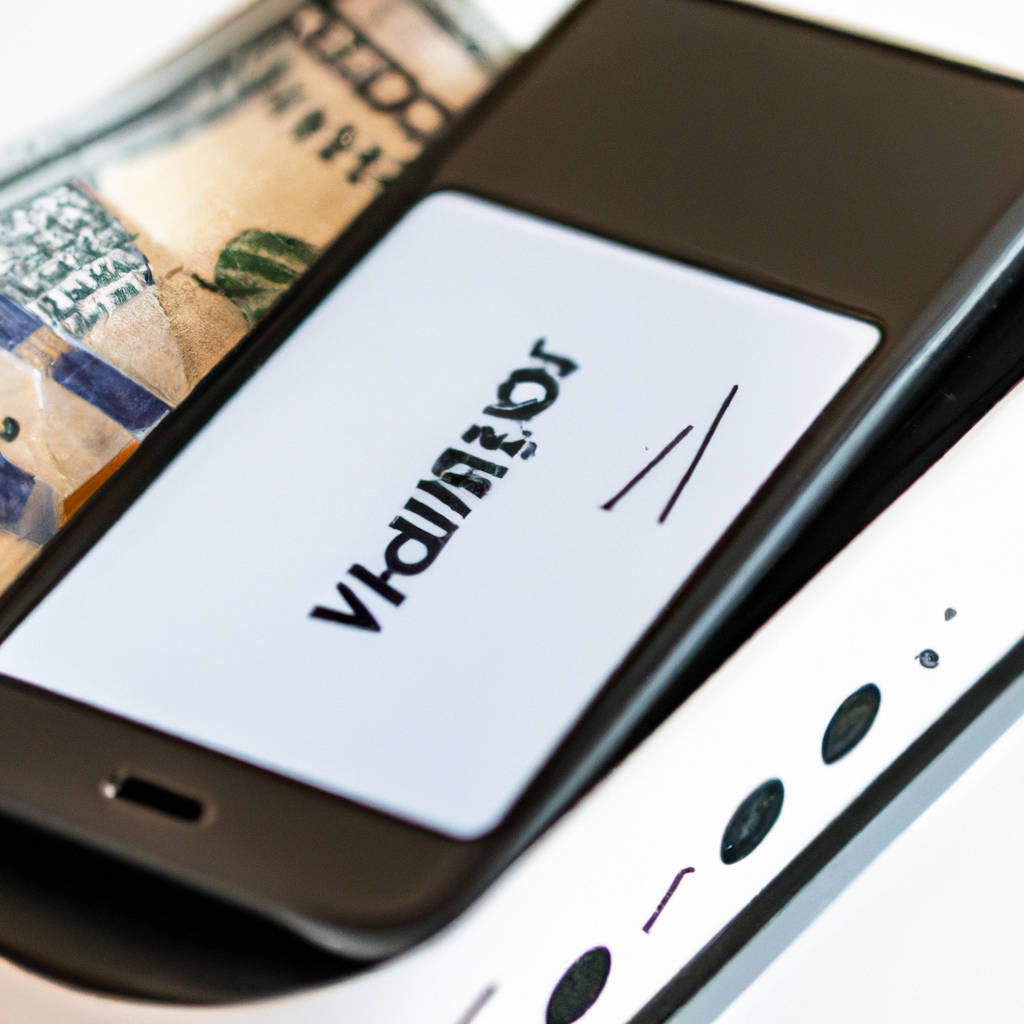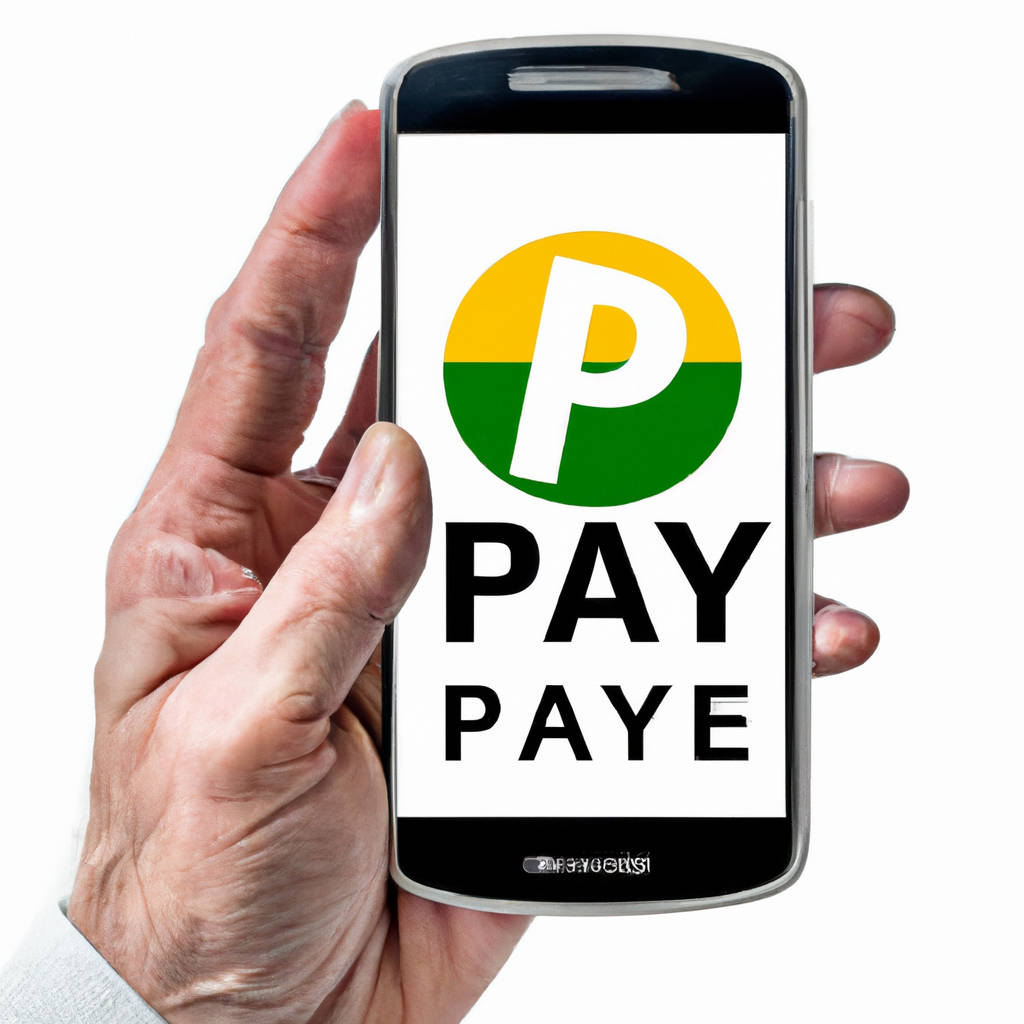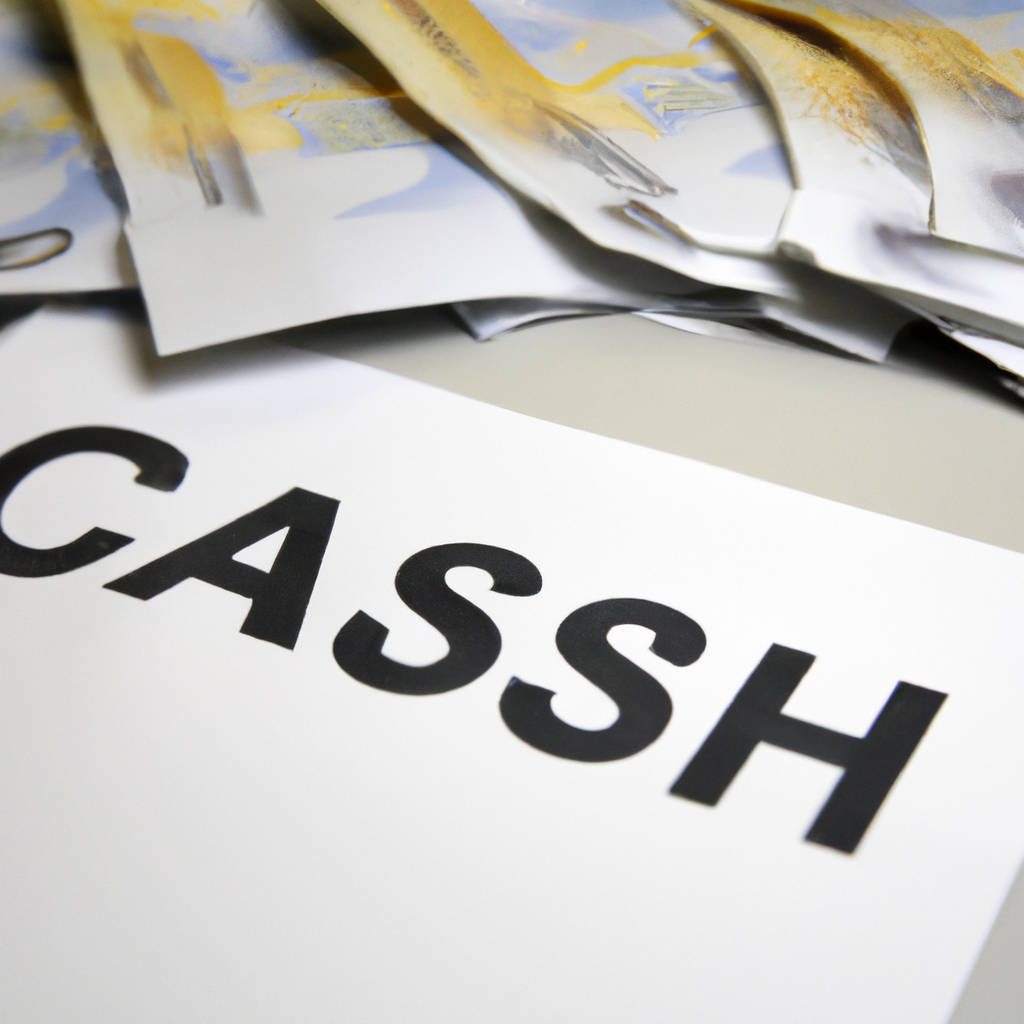Venmo has revolutionized the way we handle money, making it easy to split bills, pay friends, and manage personal finances. However, it’s not the only player in the game. There are several other applications and services that offer similar features, providing viable alternatives to Venmo. For instance, PayPal, the parent company of Venmo, offers a more globally recognized platform for payment transfers, making it a preferred choice for international transactions.
Zelle, on the other hand, provides instant transfers between bank accounts and is integrated within many banking apps, eliminating the need for a third-party application. Cash App from Square is another popular option, offering unique features like investments in stocks and bitcoin. Google Pay and Apple Pay also offer peer-to-peer payment services, with the added advantage of being integrated into their respective ecosystems, making transactions seamless for Android and iPhone users. Finally, Facebook Pay is also an emerging competitor, integrating payments into its social media platform. Each of these alternatives has its own unique advantages, and consumers can choose based on their specific needs and preferences.

PayPal
PayPal is a prominent global online payment system that supports money transfers, functioning as an electronic alternative to traditional methods such as checks and money orders. Established in December 1998 as Confinity, it emerged as a pioneer in the digital payment revolution and has since evolved to become one of the leading companies specializing in this domain. With its rapid and uncomplicated transactions, PayPal has revolutionized the way businesses and consumers operate, particularly in e-commerce. It provides an efficient and secure platform for sending and receiving payments online, acting as an intermediary between the payer and the payee.
In addition, the company offers services for online vendors, auction sites, and numerous other commercial users, charging a fee for benefits such as one-click transactions and password memory. PayPal has its operation center in Nebraska, USA, but its corporate headquarters are located in San Jose, California. It operates worldwide, facilitating financial transactions across different currencies. Users can use PayPal on their computers or through its mobile application, which offers the same functionality as the website.
Over time, PayPal has significantly expanded its portfolio of services to include things like “One Touch”, credit, and the “PayPal Cash Card”. Despite facing competition from other online payment services, PayPal continues to be an influential player in the market due to its wide acceptance and user-friendly interface. It has undeniably reshaped the landscape of digital finance, making it easier than ever for people to make payments, whether they’re buying items from a global retailer or simply transferring money to friends. It is integral to note that the success of PayPal lies in its commitment to user convenience and transaction security, the two pillars that have largely driven digital payments adoption globally.
Zelle
Zelle is a fast, safe, and easy-to-use digital payment service that operates within the United States. Launched in 2017, it was created by several of the largest U.S. banks as a means to simplify the process of transferring money between accounts in real-time. This service allows users to send and receive money with just a few steps, making transfers a straightforward task.
One significant advantage of Zelle is its widespread acceptance among banks, with over hundreds of financial institutions participating in the network. This broad acceptance allows users to transfer money to recipients even if they have accounts at different banks, thereby increasing its utility.
To use Zelle, both the sender and recipient need to have a bank account in the U.S. However, only one party needs to have a bank that offers Zelle as a service. Transfers can be initiated through the individual’s banking app or through the standalone Zelle app. The service uses email addresses or mobile phone numbers to identify recipients, eliminating the need to exchange sensitive bank account information.
While Zelle is predominantly used for person-to-person payments, it can also facilitate transactions between small businesses and consumers. This versatility further enhances its appeal as a digital payment solution.
Despite its convenience, it is crucial for users to understand that transactions made through Zelle are typically instant and cannot be cancelled once they are initiated. Therefore, it is important to verify the recipient’s information before sending money. Furthermore, as with any digital platform, users should be wary of potential scams and only use Zelle with trusted contacts.
In a world that is increasingly moving towards digital transactions, services like Zelle provide a simple and efficient way to manage money transfers. As technology evolves, it is likely that Zelle, along with other similar services, will continue to shape how individuals and businesses handle their financial transactions.

Cash App
Cash App is an innovative mobile payment service developed by Square, Inc., enabling users to transfer money to one another using a mobile phone app. Introduced to the public in 2013, Cash App has since grown into a popular platform and a trendsetter within the financial technology industry. Its simplicity and efficiency make it a favorite among users, revolutionizing the way they handle their financial transactions.
One of the key features of Cash App is its user-friendly interface, which allows even the most tech-challenged individuals to easily navigate and utilize its services. Users can link their bank accounts to the app, making it easier to send money or pay for goods and services. Moreover, it also allows users to invest in stocks and Bitcoin, providing a way to diversify their financial portfolio right from their phones.
Another prominent feature of Cash App is the Cash Card. It is a Visa debit card that users can use to pay for goods and services from their Cash App balance. It’s also customizable, allowing users to design the card to their liking.
With its convenience and efficiency, Cash App is changing the way we handle money. It is a testament to the power of technology and how it can transform everyday tasks into a more streamlined and enjoyable process. However, while using Cash App, it’s essential to be aware of potential risks, such as scams or fraudulent activity. Users should ensure to only transact with trustworthy individuals and businesses to maintain the security of their financial resources.
In conclusion, Cash App has become a game-changer in the financial technology industry. Its innovative services and user-friendly interface have made financial transactions easier, faster, and more convenient, making it a preferred choice for many individuals.
Google Pay
Google Pay, formerly known as Android Pay, is a digital wallet platform and online payment system developed by Google. It empowers users to make payments with smartphones, tablets or watches, simplifying the process of monetary transactions. Google Pay operates by storing debit, credit, loyalty, or gift card information on the devices. Users can then use these stored details to make payments at retail locations or online platforms that accept this kind of payment. The app supports Near Field Communication (NFC), a technology that enables communication between devices when they’re brought close together. For instance, users can pay for their purchases by simply tapping their device on the NFC-enabled payment terminal.
Google Pay also allows users to send and receive money directly from the app, making it an invaluable tool for peer-to-peer (P2P) payments. Furthermore, Google Pay employs advanced security measures to protect users’ financial information. Each card transaction is made with a unique encrypted number, and a user’s actual card details are never shared with retailers. In case a user’s phone is lost or stolen, they can use Google’s Find My Device service to instantly lock their device from anywhere, secure it with a new password, or even erase all personal information.
Additionally, Google Pay offers users the ability to track their expenditure, view their transaction history, and even earn rewards with applicable merchants. It also integrates with several other Google services, such as Google Assistant, enabling users to make payments using voice commands. Google Pay is compatible with a wide range of Android devices and is accepted at millions of places around the world, making it an extremely convenient and efficient tool for managing payments and transactions.

Apple Pay
Apple Pay, developed by Apple Inc., is a mobile payment and digital wallet service that revolutionizes the way transactions are conducted. Launched in 2014, this platform allows users to make payments in person, in iOS apps, and on the web using Safari. It is compatible with most Apple devices, such as the iPhone, Apple Watch, and some iPad models. To use Apple Pay, users must first add their credit or debit card information to the Wallet app on their device. This information is then securely stored and, when a user wishes to make a purchase, they can do so by authenticating it with a passcode, Touch ID, or Face ID.
Apple Pay is particularly noted for its emphasis on security and privacy. Rather than using the card’s actual numbers, a unique device account number is assigned, encrypted, and securely stored in the Secure Element, a dedicated chip in the device. Each transaction is authorized with a one-time unique dynamic security code, rather than using the code from the back of the card. Hence, the card information isn’t stored on the device or on Apple servers, and when a purchase is made, the device account number, alongside the transaction-specific dynamic security code, is used to process the payment. Therefore, the actual card numbers are never shared with merchants or transmitted with payment.
Apple Pay is accepted in various countries and regions around the world, and can be used with several banks and partner credit and debit cards. It has been integrated into apps of various retailers, restaurants, and other services, and users can make payments to these businesses directly through the apps. Additionally, users can send and receive money from friends and family right in Messages.
Apple Pay is making strides in the field of digital payments, proving to be a convenient, secure, and private method of transaction. It offers a seamless experience, eliminating the need to carry physical cards, and potentially paving the way for a truly digital economy.
Square Cash
Square Cash is a mobile payment service developed by Square, Inc., allowing users to transfer funds to one another using a mobile phone app. It is a convenient, user-friendly platform that has revolutionized digital transactions by turning them into a quick and simple process. The service has grown immensely popular since its launch in 2013 due to its ease of use and accessibility.
Users can simply link their bank accounts or debit cards to their Square Cash account and they are ready to send or receive money. The design of the app is intuitive and straightforward, making it a suitable option even for those who are not particularly tech-savvy.
One of the key features of Square Cash is the option to send money to any email address or mobile number, which the recipient can then deposit to their bank account. This makes transactions hassle-free, without the need for the exchange of sensitive banking information.
Square Cash also introduced the “$Cashtag” feature, a unique identifier that allows individuals and businesses to receive money from friends, customers, or clients through a personalized URL. This feature has made Square Cash an appealing choice for small businesses and freelancers who want to streamline their payment processes.
In terms of transaction fees, Square Cash charges a nominal 1.5% fee for instant transfers to a bank account, but standard transfers, which take one to three business days, are free. This flexible pricing model further contributes to the app’s appeal among a wide range of users.
Moreover, Square Cash has ventured into cryptocurrency, offering users the ability to buy and sell Bitcoin directly from their Cash App balance. This innovative feature has opened up the world of cryptocurrency to a wider audience, making it more accessible to the average consumer.
In conclusion, Square Cash has significantly simplified the process of digital transactions, making it an increasingly popular choice for both personal and business use.

Conclusion
A conclusion serves as the final judgement or decision reached after considering all the relevant facts, arguments, and discussions. It has an essential role in any form of discourse, whether it’s a scientific paper, a business proposal, a debate, or a novel. The conclusion is the point where one gathers all the threads of the discussion and weaves them into a coherent and compelling summary. It’s the segment that leaves the audience with a clear impression of the entire discourse, and often, it’s the most remembered part. Whether it’s a resolution to a conflict, a summary of findings, or the final results of an experiment, a conclusion should be conclusive, decisive, and satisfying.
It’s not merely an afterthought, but a crucial component that brings closure and completeness to the discourse. In scientific research, for example, it’s where the researcher summarizes their findings, emphasizes the significance of the study, and may suggest future areas for research. In an essay, it summarizes the main points and reinstates the thesis statement in light of the evidence presented. In a story, it brings all the plot lines to a close, resolving any conflicts and providing a resolution for the characters. Thus, a well-crafted conclusion is a powerful tool that can enhance the impact of any discourse, facilitating understanding and retention of the content.
